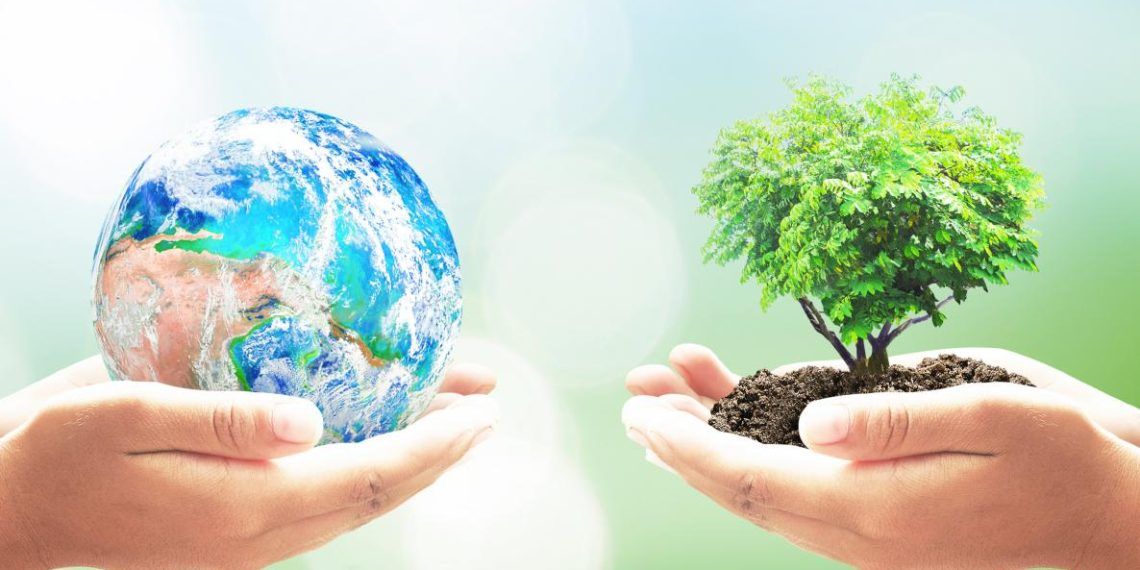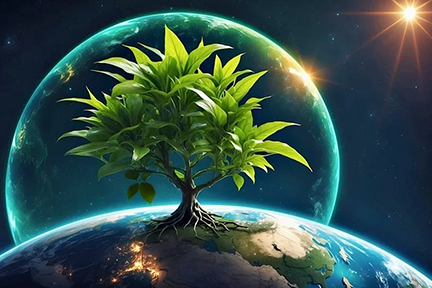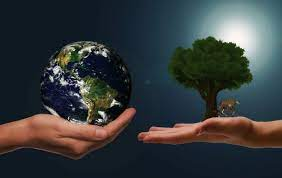
Climate change is no longer just about melting ice or rising sea levels. It is also about people, their rights, and fairness. This is where the idea of climate justice comes in—a growing movement that connects human rights, social justice, and environmental protection. It asks: Who suffers the most from climate change? And who should take responsibility?

Simply put, climate justice means making sure that the costs and benefits of climate action are shared fairly. Poorer countries and communities contribute the least to global warming but suffer the most from its effects like floods, heatwaves, and storms. Meanwhile, richer nations and industries have created most of the pollution over decades. Climate justice demands that these wealthy countries do more to help others adapt and reduce future risks.
For example:
But these people have done little to cause the problem.
In recent years, we’ve seen many examples of climate injustice:
At the same time, rich countries like the USA and many in Europe built their economies using coal, oil, and gas, which released most of the carbon pollution now causing these problems. Climate justice says they must help solve this damage.
One big question is: Who will pay for climate change damages and protection? In the 2015 Paris Agreement, wealthy countries promised to give $100 billion a year to poorer nations by 2020. But this goal was not fully met.
At COP28 (the 2023 UN climate meeting in Dubai), the idea of a “Loss and Damage Fund” was made official. This fund is meant to help countries deal with the harm already happening due to climate change. But how much money will be given and who will pay is still being argued.
Many climate justice groups believe that polluting companies (like big oil and gas corporations) should also be forced to pay because they made profits while harming the planet. This idea is becoming more popular as people call for fairness in climate solutions.
Climate justice is not only about money and pollution. It is also about human rights. Climate change hits the poor, women, children, and indigenous people the hardest. These groups often have the least power to protect themselves.
For example:
That’s why the UN and many groups say that climate action must include social justice. Green energy, disaster aid, and climate rules must respect local people’s rights, traditions, and voices.
Some countries and communities are already working for climate justice:
Meanwhile, young people like Greta Thunberg and movements like Fridays for Future are demanding faster, fairer action worldwide.

Many wonder: Can one person help with climate justice? The answer is yes.
Even small steps can push governments and companies to make better, fairer choices.
Experts warn that if climate justice is ignored, the world will see more conflict, migration, and suffering. But if it is taken seriously, climate action can reduce poverty, create jobs, and protect nature.
The next few years are key. New green technologies, climate deals, and climate funds will decide who wins and who loses in the climate crisis. As more people demand fairness and action, climate justice could shape the future of both people and the planet.
Read More:- Deyaar’s Latest Announcement Shakes Up the UAE Property Market
